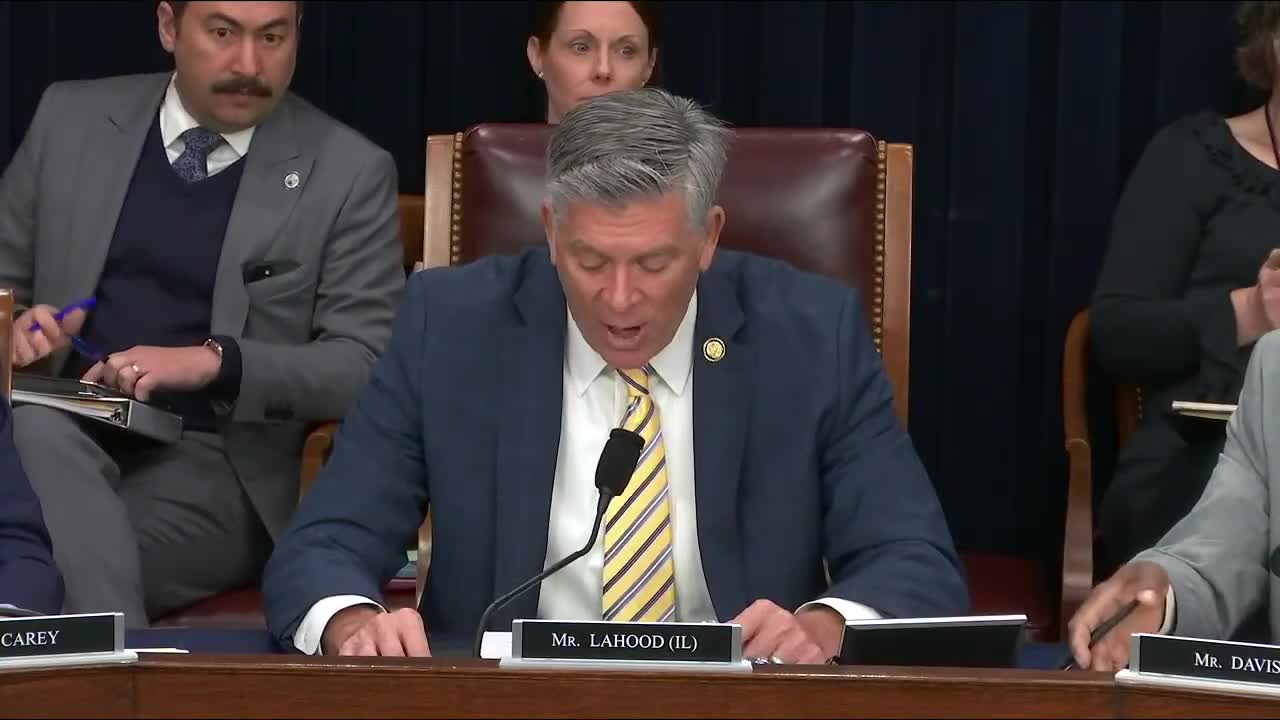Augmentel tells House panel its AI can surface hidden needs in case notes; lawmakers ask for evidence
Get AI-powered insights, summaries, and transcripts
Subscribe
Summary
Augmentel told a House subcommittee its artificial-intelligence overlay can read unstructured case notes, find unmet needs and save caseworkers time; members pressed on validation, implementation over legacy SACWIS/CCWIS systems, and who verifies vendor claims.
Marty Ilisco testified that Augmentel’s artificial-intelligence tool mines unstructured case notes in legacy systems and delivers alerts to caseworkers, which the company says reduces administrative burden and helps identify early-warning signs of harm.
Ilisco said the platform can run on top of existing SACWIS or CCWIS systems and highlighted two operational claims: Augmentel has saved social workers about five hours per week and, in one Illinois deployment, identified 621 additional expectant mothers who had not been surfaced by legacy records. He also described the software’s role in finding evidence of required child visits to improve audit results.
Members questioned where independent evaluation exists. Chairman LaHood and others asked how the technology shifts caseworkers from compliance tasks to more direct engagement with youth. Ilisco said the AI automates compliance-scope work "in the background," returning staff time and delivering consolidated family data so caseworkers do not need to re-collect histories at each contact.
Members raised implementation questions including how private overlays interact with state IT capacity after federal regional office reductions. Ilisco said overlays can be implemented in months and reduce the need to rebuild monolithic systems, but witnesses and lawmakers repeatedly asked for stronger, peer-reviewed outcomes research before wider federal incentives.
The hearing recorded Augmentel’s claims but did not include external validation documents; committee members invited additional written materials and studies to be entered into the record.
